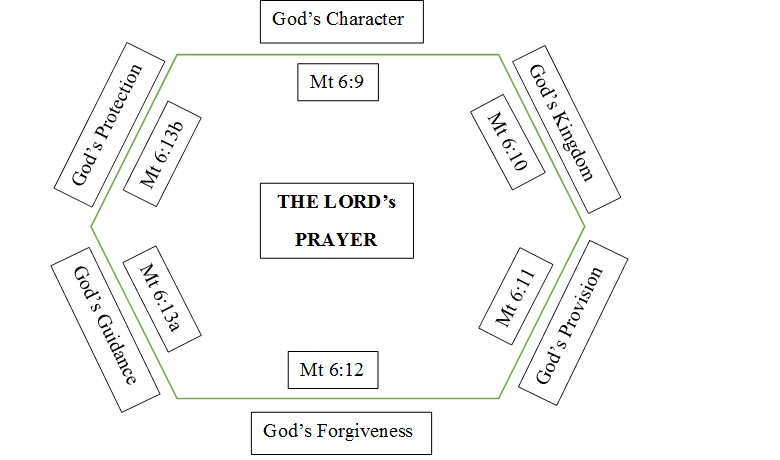By Paul Wilkinson
 How do these quadrants play out in group life?
How do these quadrants play out in group life?
- A Bored Culture full of apathetic people would be a group with no challenge from the Word, little concern for reaching the lost, and no intuitive to carry one another’s burdens. These groups would not exhibit L or I or F or E.
- A Stressed Culture full of overworked people usually takes the shape of a group leader doing everything himself or herself. As group leaders, we must empower our members to fulfill their gifts and calling within the body. Thus, we need to be perpetually handing leadership away: allow someone to teach for you once every eight weeks, empower someone to champion hospitality (inreach and outreach, welcoming and follow-up), empower someone to champion a service cause in the community, etc. From the non-group leader side, this sort of group simply shows now grace when people “screw up.” We certainly want to offer correctives, but we want to do so with compassion.
- A Cozy Culture full of consumers would be a group that focuses only upon L and I. A group like this would meet one another’s needs, as we should, but they would not challenge group members to embrace the kingdom through deep Bible study and evangelistic outreach. It would lack conviction.
- A Discipling Culture full of empowered group members would be one in which L, I, F, and E are exhibited and championed by the group membership. This group would be reproducing itself by launching new groups, passionate about reaching the lost and serving the community, and desperate to deploy group members to instances of transparent space discipleship.
I’ve been working through a book called Building a Discipling Culture by Mike Breen, and I wanted to share some of the content with you over the next few weeks. The book presents numerous models to aid the discipler and disciple to progress toward Christlikeness and to see more readily biblical principles played out in one’s life. This first shape is called the Invitation-Challenge Matrix, pulling from Matthew 16:15-23 with John 1:17 as a supplement used by some who teach this.
In Matthew 16:15-17, we see a marvelous invitation given to Peter based on his confession that Jesus is Messiah. Jesus paints a vision for Peter of being the rock on which the church will be built, so strong that Hades cannot defeat it. And, Peter will be given the keys to the kingdom . . . how wonderful! Three sentences later, Jesus says to this same Peter, “Get behind me Satan! You are an offense to Me because you’re not thinking about God’s concerns, but man’s.” So we go from a high invitation setting to a high challenge setting in only a few lines of Scripture. What can we make of this?
First, we must paint a vision for our group members of what it means to live in the kingdom of God. The kingdom has been inaugurated, so how should kingdom people look? Answer that question for your group through unpacking the Scripture and modeling the kingdom life. That’s our invitation, same as Jesus: be children of God, be co-heirs of the kingdom, be perfect as your Father is perfect, mock death with Christ, and take that news to people who don’t know it yet! Invite them to that life.
Second, when they fall short of that vision after agreeing that it is, in fact, how we are designed and called to live, challenge them to face up to it. We don’t revel, as leaders, in pointing out flaws for the sake of matching a system, rather we faithfully point out shortcomings in the kingdom life of our members because God wants so much more for them. We challenge them to embrace that potential and live the kingdom life boldly.
How did it work with Peter? He was invited to be the rock of the church because he was willing to stand behind the claim of Jesus’ messiahship. However, when he said that Jesus would not suffer, die, and be raised, he was focused on what he thought Messiah should be like as opposed to the kingdom that Jesus was inaugurating. He immediately fell short of the invitation by focusing upon what was significant to him rather than what Jesus told him should be significant to him. As group leaders, we must keep our minds on the things that Jesus tells us are significant. May we continue to point our group members toward the kingdom life.

